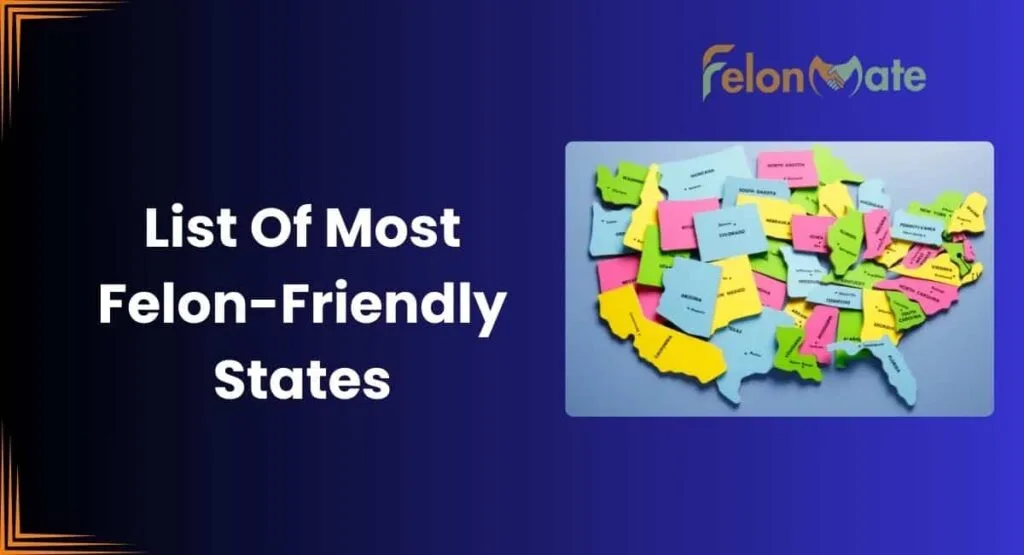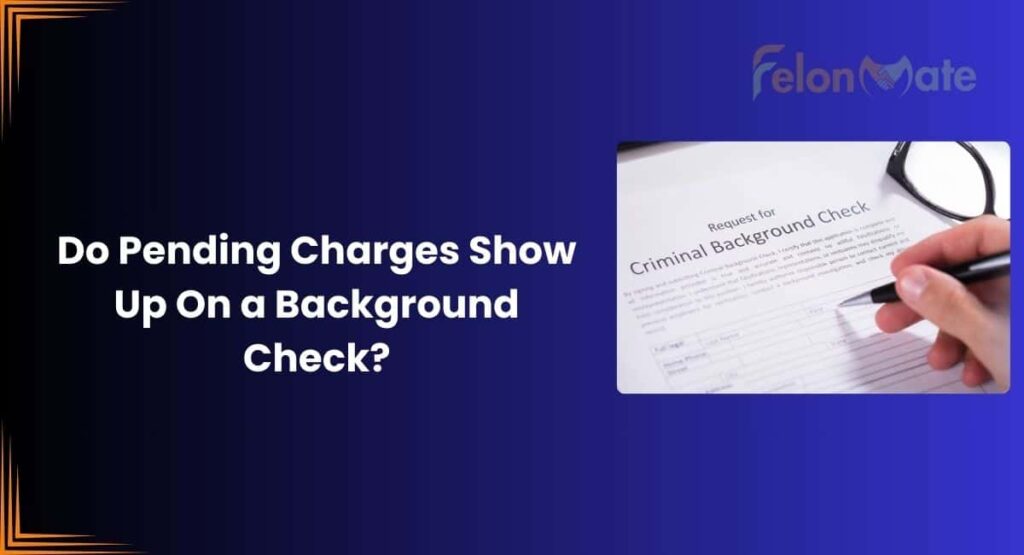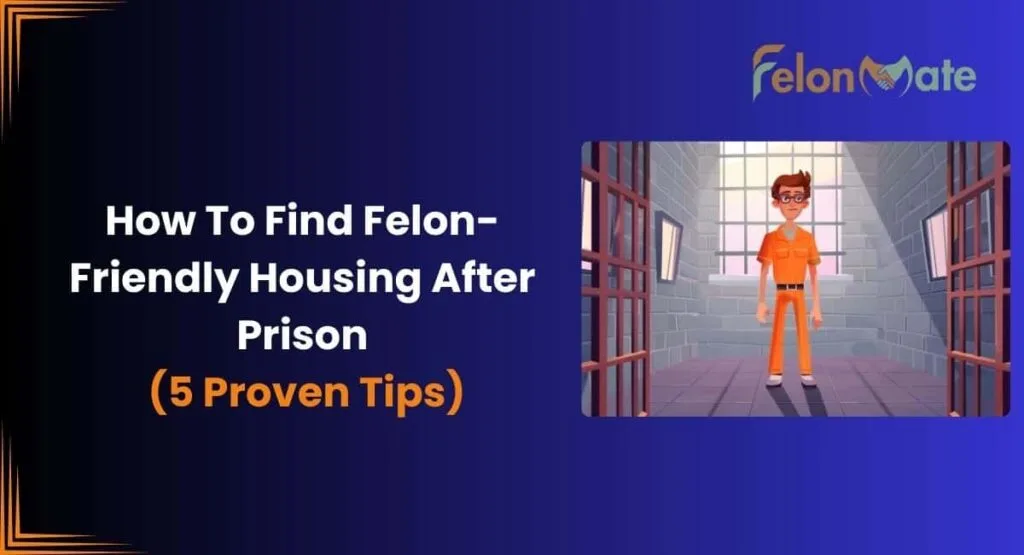How To Rent with an Eviction on Your Record
If you’ve have an eviction in your record, you might face difficulty in renting a new apartment. Many landlords see eviction as a red flag and reject your rental application. However, eviction-friendly apartments do exist. In this guide, I’ll show you exactly what steps you can take to overcome this hurdle. Here we’ll understand how landlords view evictions and how to rent with an eviction on your record.

Why Do Landlords Look At Eviction So Harshly?
First things first, it’s important to understand why evictions matter to landlords. An eviction suggests to a landlord that a tenant might have trouble making consistent rent payments, following lease agreements, or maintaining positive landlord-tenant relationships.
It’s perceived as a significant red flag because property owners rely on steady rent payments and compliance with leasing rules to manage their properties effectively.
How To Rent With Eviction On Your Record?
Now that you understand the issue clearly, here are some proven strategies that can help you secure housing even with an eviction record:
1. Address the Issue Honestly
Transparency matters. Hiding an eviction almost never works because most landlords run thorough background checks. Instead, openly address the eviction during your initial interaction or application. Briefly explain what happened, why it occurred, and how your circumstances have changed since then.
For example, if the eviction resulted from a job loss, medical emergency, or family crisis, honestly explain the situation and outline the steps you’ve taken to improve your financial stability. A straightforward, sincere explanation can make a significant difference.
2. Look for Private Landlords
Large property management companies often have stricter policies and automated background checks, that makes renting difficult for someone with an eviction in past.
Instead of applying in large apartments, look for private landlords, smaller property owners or landlords explicitly marketing their units as “second chance” or eviction-friendly housing.
You can find these landlords through classified ads, Craigslist, local Facebook groups, or even word-of-mouth referrals from friends and family.
3. Offer a Higher Security Deposit
One powerful way to offset the risk landlords see in evictions is offering a higher security deposit or paying additional months of rent upfront.
A larger deposit can re-assure landlords that you’re serious and committed to making the tenancy work this time around.
Although this can be financially demanding, it’s often the deciding factor that can convince hesitant landlords to approve your application.
4. Find a Co-signer or Guarantor
If landlords remain hesitant, consider applying with a co-signer. A co-signer—usually a family member or close friend with good credit and income—agrees to be legally responsible if you fail to pay rent.
Having a co-signer dramatically reduces risk from a landlord’s perspective, making it more likely they’ll overlook an eviction in your past. Ensure your co-signer understands the responsibility they’re undertaking.
5. Show Proof of Improved Financial Stability
Provide tangible evidence of your improved financial situation. Documentation can include recent pay stubs, bank statements, proof of consistent income, or evidence of budgeting and debt management.
Showing a steady income or savings assures landlords that you’re now more capable of meeting your rental obligations reliably.
6. Offer to Pay Rent in Advance
If an eviction on your record makes landlords hesitant, offering to pay rent upfront can greatly boost your credibility as a potential tenant. When you propose paying several months of rent in advance—such as two or three months—you immediately reduce the financial risk landlords typically associate with renting to someone who has a previous eviction.
7. Look At Complexes in Smaller Towns
If you’re having trouble renting with an eviction in larger cities, consider shifting your search to apartment complexes in smaller towns and cities nearby. Smaller communities often have less competitive housing markets, making landlords more open and flexible when evaluating potential tenants.
Can You Remove an Eviction from Your Record?
Evictions typically remain on your rental history for seven years. However, in certain circumstances, it’s possible to have an eviction expunged or sealed—especially if it was due to special situations, resolved amicably, or mistakenly filed.
You’ll usually need to petition the court formally to remove the eviction. Consulting a tenant rights lawyer or local legal aid organization can guide you through this process.
Do Evictions Follow You From State to State?
Unfortunately, yes. Eviction records aren’t limited to the state where they occurred. Tenant screening services and national databases collect eviction records from courts across the country. This means if you’re evicted in Florida and later apply for housing in Georgia, California, or any other state, the eviction will likely appear in a comprehensive background check.
Most evictions stay on your record for around seven years, though this can vary slightly by state.
Yes, evictions show up on nationwide databases, meaning landlords can access your eviction records even across state lines.
Not all landlords do. Many private landlords or “second chance” housing providers are willing to rent to individuals with eviction records, especially with appropriate explanations and assurances.
In certain cases, you can petition a court to expunge or seal eviction records, particularly if the eviction was mistakenly filed or dismissed. Consulting legal help can clarify your options.
Final Verdict
An eviction record is undoubtedly a significant hurdle, but it’s not insurmountable. Second-chance rentals and eviction-friendly apartments do exist in every city. You should be optimistic and search for private landlords that skip background checks.



